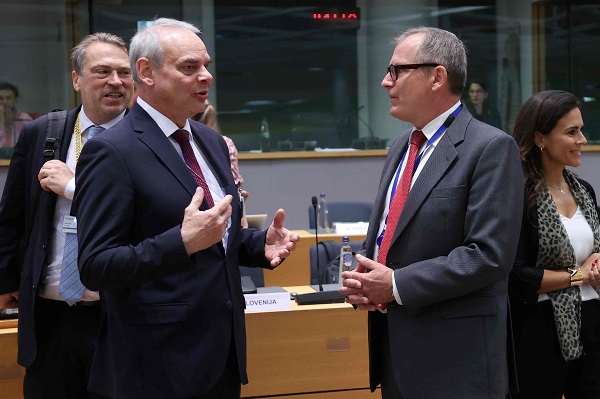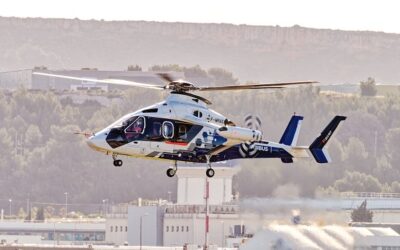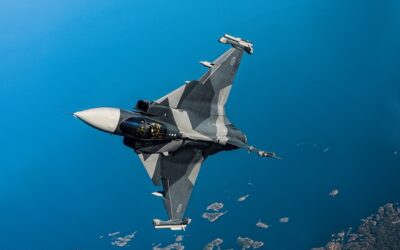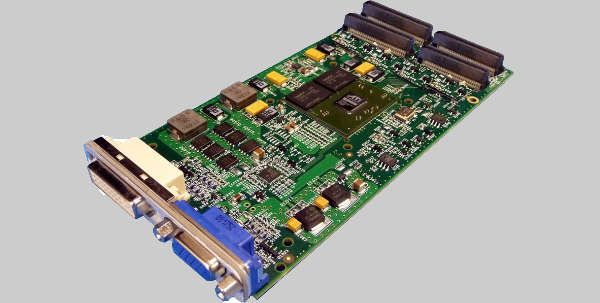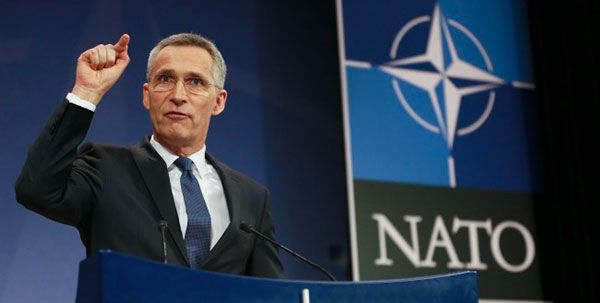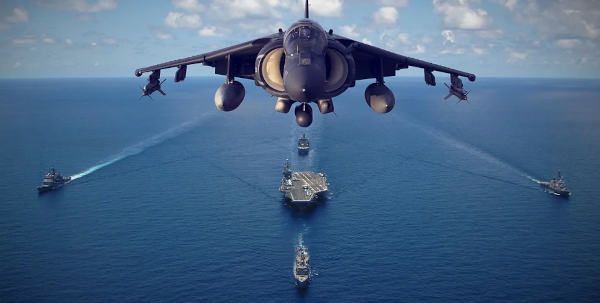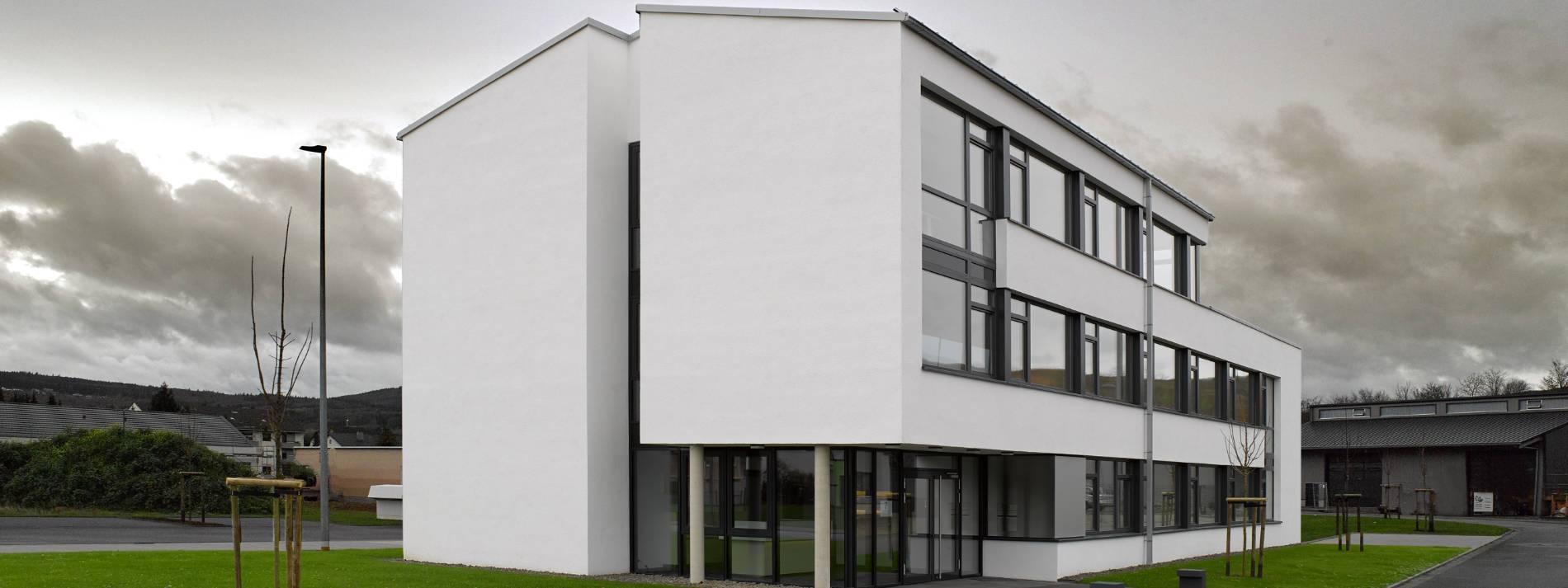Decisions Delivers Greater Operational Focus
The EU defence ministers have adopted eleven new projects under the EDA’s Permanent Structured Cooperation (PESCO) programme on 23 May, demonstrating stronger determination to close Europe’s capability gaps and develop high-level capability systems, as a result of lessons learned from the Ukrainian war. “Against the backdrop of Russia’s war [and] its military implications, including the requirements for high-intensity warfare, these new PESCO projects aim at delivering critical capabilities with a more operational focus,” explained the EU High Representative and Head of the EDA, Josep Borrell.
The new wave of projects (the fifth overall) includes a range of capabilities in six military domains, in line with the CARD Review: training, land, maritime, air, cyber, C4ISR and joint enabling. But some appear to be more directly linked to the ‘lessons learned’ from the war.
The Critical Seabed Infrastructure Protection (CSIP) project, for instance, aims to make better use of underwater assets to protect critical maritime infrastructure, and is joined by France, Germany, Italy, Portugal, Spain and Sweden. The vulnerability of undersea cables and structures, especially after the Nord Stream sabotage, has become a high priority at EU and NATO levels – the issue was also on the agenda of the EU defence ministers’ meeting.
Other key PESCO projects include air-to air and anti-torpedo munitions capabilities, something again very topical in light of all the ammunition-related issues in the context of the Ukrainian war. Among the main projects is the German-led Future Short-Range Air to Air Missile (FSRM), to develop concepts and operational requirements for SRAAM to counter 5th– and 6th-generation aircraft and airborne threats. Other projects include the Counter Battery Sensors (CoBaS), joined by France and the Netherlands, and the Anti-Torpedo Torpedo demonstrator (developed by France, Hungary, Italy and Sweden) to create innovative concepts for Integrated Multi-Layer Air and Missile Defence System (IMLAMD).
The Next-Generation Medium Helicopter (NHMG) aims to address the upgrade needs of the existing fleet of the European Next-Generation Rotorcraft and is of particular importance, from a longer term perspective. Four states are participating – Finland, France, Italy and Sweden.
By comparison with previous waves of adoption, these projects demonstrate that the EDA and EU, with a varied and increasing number of proposals and programmes, are more and more aware of the need to address gaps, and to learn from what has happened in Ukraine. The participation of France – one of the strongest supporters of European defence – in many of these projects, reinforces this impression. As an EU official commented, the current situation is increasingly ‘the momentum of awareness’. However, he added, it should not be forgotten that all of this should work to enable the EU to be a pillar of NATO, not to replace NATO’s capabilities.
Caterina Tani reporting from Brussels for MON

